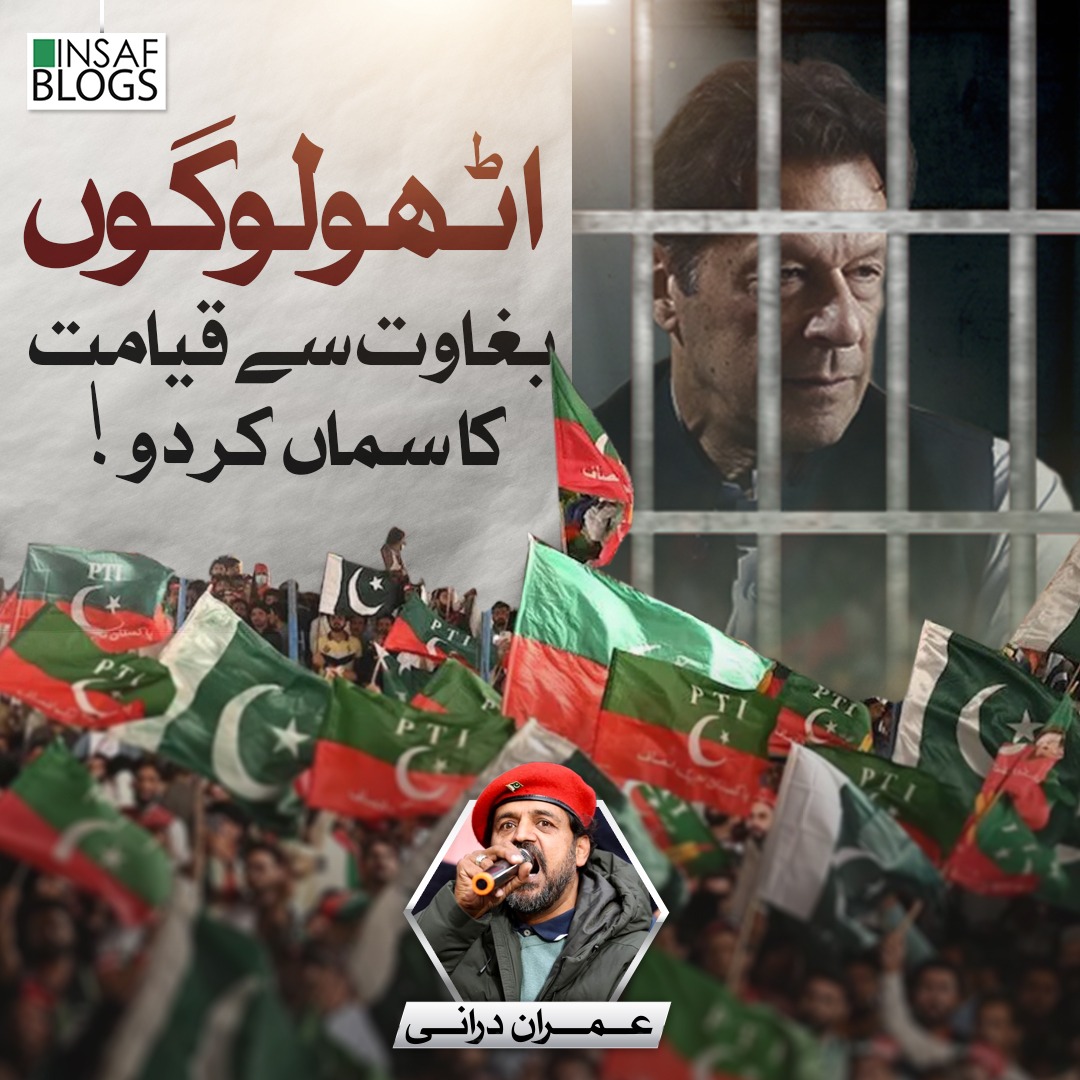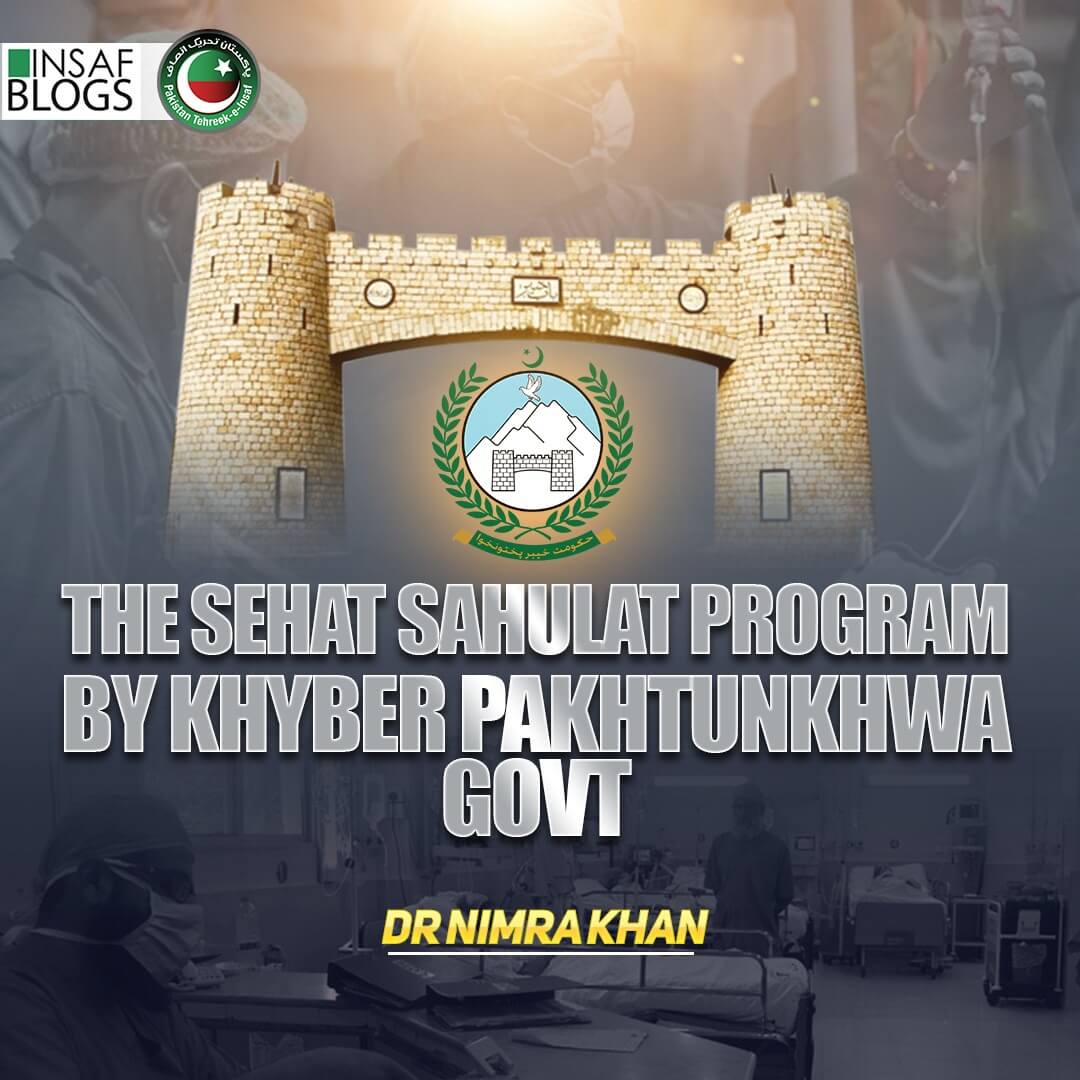
Whose responsibility it is to protect our electorate's fundamental human rights and cancel out and check their wanton exploitation through the modernist narrative, a narrative of exploitation and domination that HEC breeds? Iqbal in sync with critical social theorists makes a case against this dominant narrative which currently stands deconstructed but which is given to us as our social model under the abiding presence of an hegemonic discourse. PTI’s educational policy makers have been badly failing on this front since it was, and still is, their responsibility to employ Iqbal in an emancipatory political gesture which fits well with our Naya Pakistan agenda. This essay makes us witness to the why and how of this remarkable failure.
PTI represents Iqbal’s political philosophy, and it is this political philosophy that animates critical social theorists to their respective political actions. It has hitherto shown a remarkable lack of perception at policy level in dealing with this fundamental aspect of their political ideology. It is this emancipatory promise that the party’s public representatives are currently faltering on. The struggle spanning almost two decades is going down the drain if we do not stop teaching Iqbal as he has been taught since 1947 and before that. Higher Education Commission’s policies and postures allow us to stage this remarkable failure and illustrate our point. By explaining and detailing the causes of the failures of PTI's educational policy makers in the KPK government, we intend to lay bare the cost to the human beings of KPK in the light of these failures like the failure to provide freedom from oppressive, flawed, and deconstructed ideologies, for instance. This, in turn, is reflective of a deeply set chasm within the party ranks in its dealing with an Institute like HEC, which as an ideology/Frankenstein is reared by Analytic philosophy's greatest failures: the narratives of modernity, modernism, historicism, rationalism i.e. the dialectical opposite of all that Iqbal stood for. After seven years in government in KP, we have not yet been able to understand this irony, contradiction, and dichotomy.
PTI's KP government has not been able to cash in on the opportunity to ensure greater human freedom. This loss is reflective of a fundamental misunderstanding committed in reading Iqbal through the modernist lens. Understanding Iqbal, making sense of him in our contemporary social, religious and political contexts, requires immersion in postmodern and postcolonial thought practices whose concerns are prefigured in Iqbal. HEC has made sure that both these enabling perspectives are firmly kept out of Pakistani seats of higher learning. Modernism, the main structure of our educational system, has blurred the connections between the linguistic signifier ‘Iqbal’ and the conceptual signified ‘Iqbal’. This indefinite multiplication of one signifier after another is broken both by Iqbal and Derrida as they deconstruct the very foundations that enable modernist narrative in the first place. As PTI's political ideologue we have continued to read Iqbal reductively and according to the demands of the modernist reason that asks for categories of reason for understanding something rather than attempting to expose its limitations by opening the floodgates of critical social theories that complement Iqbal in his efforts to rescue Muslim philosophy from its modernist reductions. This de-centering of the modernist narrative cannot happen anywhere else but in Pakistani HEIs which are under the spell of HEC’s modernist construction. A particular order of discourse that has been controlling HEC discourages further forays into Iqbal’s thought while it validates many a misreading to continue. Avant-garde Iqbal, thus marginalized, provides no inspiration as the ideological cancer of modernist/Capitalist/liberal ethos continues to seep deeper and deeper. Both Iqbal and critical social theorists stem this ideological cancer that reduces, degrades, and objectifies Man. PTI, of all political parties— the feudal-led Pushtoon nationalists, the Mullah-led political Islamists, and the Capitalist-led PML of all available alphabets, the small vested interest disguised as political parties— was best equipped to bring change, transform society, and lay foundations of a durable dialogue between Islam, mediated via Iqbal’s Sufi epistemology, and the current trajectory of knowledge in the western academy by ensuring greater human freedom, which comes pre-installed in its ideology. It has the chance of not only reducing poverty and affliction in the war-ravaged Pushtoon society but can also play a most meaningful role in ensuring their freedom from oppressive and exploitative ideologies. It is this later strand in PTI that is truly Iqbalist. How does PTI fare when it comes face to face with the mother of all Evils, the modernist narrative, at policy levels in regulating higher education? It is almost seven years and we know full well how it has fared till now. If PTI is taken at its word that Iqbal is its political ideologue then it follows that the modern narrative would be effectively countered by following Iqbal’s political leads. Is this the case? Higher education clearly illustrates that it is not the case. Something, then, is amiss.
What we are witnessing here is important to understand for its implications for an ideological political party. A certain lack of ideological grounding of our public representatives called upon to build Naya Pakistan is at play here. The policies formulated by KP’s HED/HEC, with its rich and interesting history of ‘Enlightened Moderation’, are informed by the management skills aimed at increasing efficiency and productivity for the capitalist system to thrive. These theories and skills, called bio-politics by Michel Foucault, are reared by analytic philosophy’s ugly avatars like Capitalism, rationalism, historicism, liberalism and together they perpetuate the kind of ethos that is detrimental to a Muslim/Iqbalist society. PTI’s public representatives are representing the dream of a people wishing for freedom from oppressive policies. These wishes and dreams are carried in the metaphor of Naya Pakistan whose architect is Iqbal and is encapsulated in his concept of ‘a Muslim State’. HEC has not been able to realize, we know why, the importance of freeing up space for Iqbal’s ideology to see light of the day. Thereby perpetuating the strangle hold of the modernist narrative on our society’s conceptions of itself and Iqbal. It teaches mere aesthetics, theory, gnosis and is devoid of politics, practice, and praxis. It is therefore able to seep through to our society through the unique one dimensional construction of our educational system creating the very menace that we are supposed to have defeated politically. PTI's mandate is a testimony to this defeat. PTI is unable to grasp the moment and ensure greater human freedom, a concern whose rich history from Marx, Kant, and Nietzsche to their synthesis in ‘a critical theory of society’, we find endorsed in Iqbal, who had prefigured many of these postmodern and postcolonial strains and concerns in his works. Our task is therefore twofold: rescue Iqbal by rescuing HEC first.












